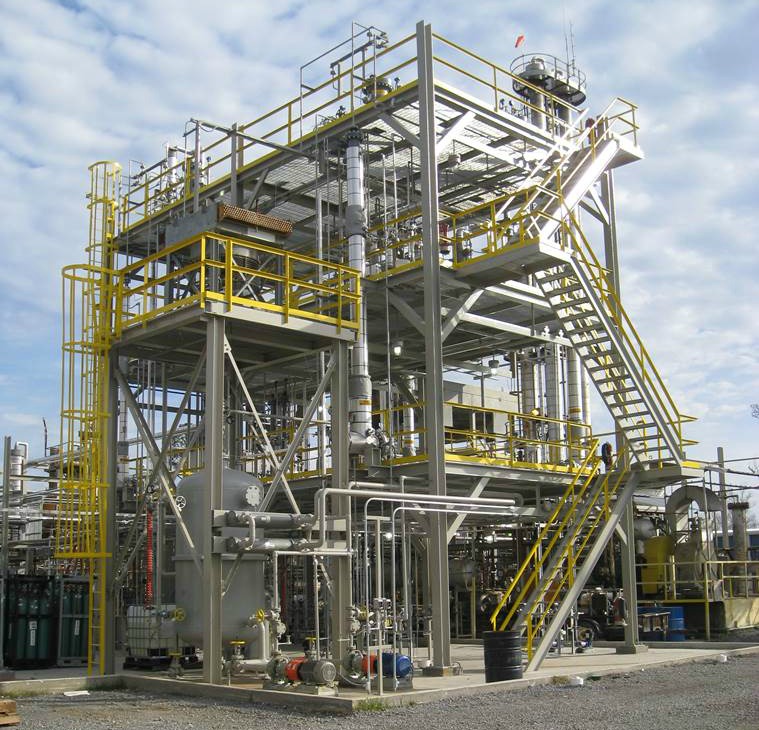I’m really noticing a lot of renewable jet fuel announcements this year, and I mentioned this at the recent Pan American Oleochemicals conference that I attended in Miami this week since I also presented a bit on the renewable diesel market.
Anyway, Gevo announced this week that it has completed production of the world’s first cellulosic renewable jet fuel that is specified for commercial flights. Gevo has been able to convert cellulosic sugars derived from wood waste into renewable isobutanol, which was then further converted into Gevo’s Alcohol-to-Jet fuel (ATJ) fuel. This ATJ meets the ASTM D7566 specification allowing it to be used for commercial flights. The revisions to the ASTM D7566 specification, which occurred earlier this year, includes ATJ derived from renewable isobutanol, regardless of the carbohydrate feedstock (i.e. cellulosics, corn, sugar cane, molasses, etc.).
Gevo said it produced over 1,000 gallons of the cellulosic ATJ. Alaska Airlines is expected to fly the first commercial flight using this cellulosic jet fuel in the next few months. Gevo believes that this would be the first ever commercial flight flown with a cellulosic renewable jet fuel. This follows on the back of the two commercial flights that were flown by Alaska Airlines on Gevo’s ATJ in June of this year. The ATJ for the June flights was derived from isobutanol produced at Gevo’s Luverne, MN, production facility using corn as the sugar feedstock.
The cellulosic ATJ was produced in conjunction with the Northwest Advanced Renewables Alliance (NARA). NARA supplied the sugars that were derived from forest residuals in the Pacific Northwest. Gevo produced the cellulosic renewable isobutanol at its demonstration facility in St. Joseph, MO, that it jointly operates with ICM Inc. The cellulosic renewable isobutanol was then transported to Gevo’s biorefinery facility in Silsbee, TX, that Gevo operates with South Hampton Resources where the cellulosic renewable isobutanol was converted into ATJ.
NARA is a five-year project supported by the U.S. Department of Agriculture, National Institute of Food and Agriculture, and is comprised of 33 member organizations from industry, academia and government laboratories. Its mission is to facilitate development of biojet and bioproduct industries in the Pacific Northwest using forest residuals that would otherwise become waste products.




